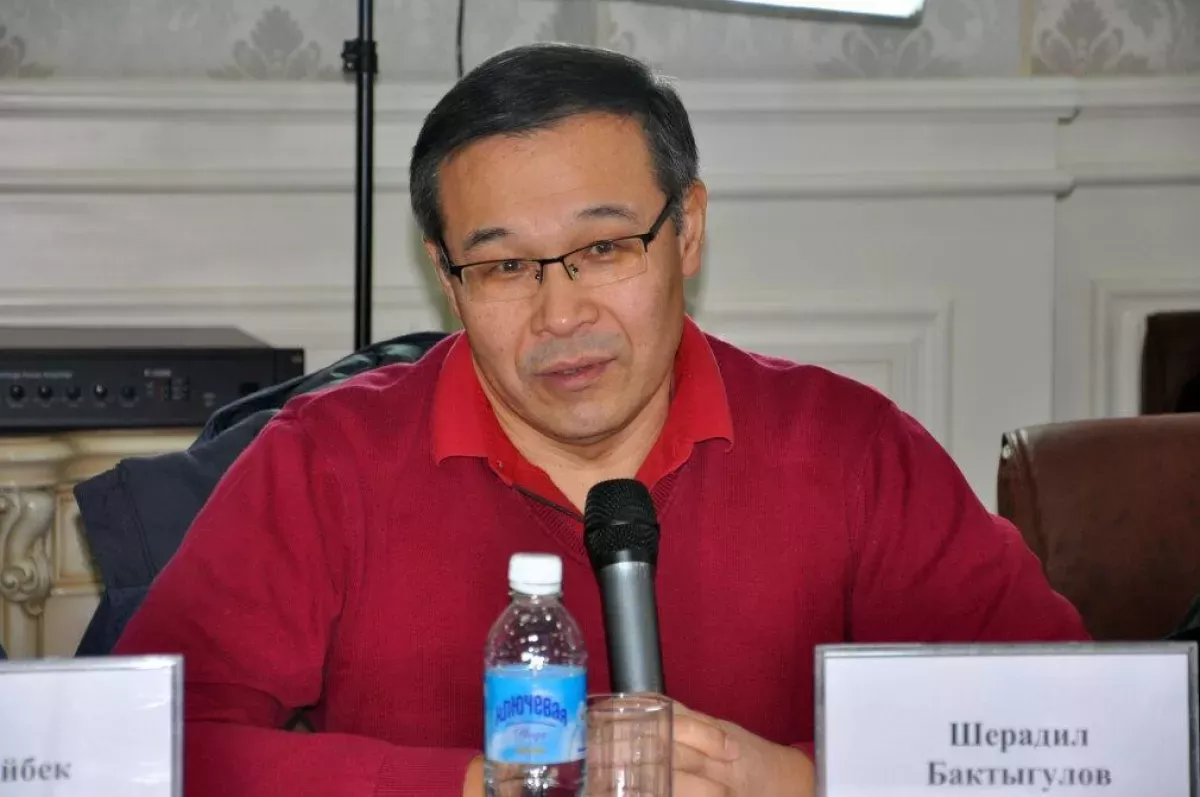USA - China: Is the resumption of the trade war inevitable? Expert opinions
The appointment of politicians hostile to China to key positions in the incoming administration of US President-elect Donald Trump is causing concern in Beijing, according to the Financial Times.
The report suggests that Chinese authorities aim to achieve stability in relations with the United States and do not want a new trade war. In this regard, Beijing intends to restore ties with members of Trump's former team, who were part of his administration during his first presidential term from 2016 to 2020.
However, the Financial Times notes that Trump has already appointed politicians hostile to China to key posts in his future administration. Specifically, Representative Mike Waltz will become the president’s national security advisor, and Marco Rubio will be the Secretary of State.
Additionally, it is reported that Trump plans to invite Robert Lighthizer, one of the key architects of the trade war with China during the first term of the newly elected president, to join his administration.
What are the risks of a renewed trade war between China and the United States after January 2025? Is it inevitable, or can such a negative scenario for the global economy be avoided? Is there a chance that Washington will seek to negotiate with Beijing this time?
Prominent experts shared their insights on these questions in an interview with Caliber.Az.

Russian economist, sociologist, and political scientist Vladislav Inozemtsev, head of the Centre for Research on Post-Industrial Societies, notes that the worsening of relations with China seems almost inevitable in the context of Trump's return to power.
"It’s not just because of the new appointments, but Trump himself is deeply, I would say, offended by the approach the previous administration took toward China. First and foremost, we remember the trade agreement signed on January 15, 2020, in Washington, which, in my opinion, was a colossal victory for the US, as China agreed to make significant concessions on a wide range of issues. As soon as COVID-19 hit, the Chinese pretended they had forgotten about this agreement, and they never revisited it—neither in the final year of Trump's first term nor under Biden. This, of course, is a huge insult to Trump because, essentially, it was the culmination of the trade war he had won," the economist explained.
He believes that now Trump will likely try to start over from the beginning.
"Undoubtedly, this agreement will be brought up from the archives again, and an attempt will be made to force China to comply with it. During the COVID-19 pandemic, as we recall, Trump blamed China – and I think not without reason. Therefore, Trump is certainly determined to toughen his stance towards China.
Over the past few years, China has been adamantly in favour of restarting relations with the United States. At various meetings, discussions, and consultations with Chinese officials, I repeatedly heard about efforts to find a way to improve relations. But nothing happened. And although Biden wasn’t as radical in his approach to China, the Chinese never found the key to improving relations with him. And during Trump’s time, they certainly won’t. So, I think, yes, a trade war is inevitable, and its scale could even surpass the first one. The consequences, we will see. I don’t think they will be fatal for the US. At least, the plans we see from Trump, in terms of raising tariffs and increasing budget revenue through them, are not entirely groundless. In principle, they could be implemented.
What will China counter with? It’s very difficult to answer this question today. China remains quite dependent on the United States," says Inozemtsev.

Sheradil Baktygulov, director of the Institute of World Politics (Bishkek), stated that there is a widespread misconception that Donald Trump, as US president, imposed trade restrictions on China.
"In fact, in 2015, Barack Obama, the then US president from the Democratic Party, imposed financial sanctions on China. When Donald Trump came to power, he expanded the list of restrictions. The current president, Joe Biden, has also followed suit, introducing a number of restrictions, the most well-known of which is the increase in tariffs on Chinese electric vehicles. Why is this happening, even though the World Trade Organization (WTO) has recognized some of these restrictions as inconsistent with its rules, and in other cases, has deliberately delayed decisions?
One must understand the essence of the Bretton Woods agreements. Each country is supposed to share its earned capital with transnational corporations controlled by American and British capital. As long as a country shares, everything will be fine, as in the case of Saudi Arabia. There are no democracies, no freedoms, or human rights there, yet the US and other countries impose no sanctions. But if a country, while being part of this system, in any way limits the income of transnational companies, it will face sanctions, as seen with Venezuela or Iran," explained the director of the institute.
According to him, China is the only country that has not been part of this system and directs the money earned by Chinese companies for its own needs.
"All over the world, there is a 'dream' – 'if every Chinese person pays one dollar, I will become a billionaire.' Therefore, the US trade restrictions are a form of coercion aimed at obtaining a portion of Chinese capital. The US, EU, and other countries impose restrictions under political slogans so that the WTO does not overturn their unilateral sanctions.
For example, the US, EU, and other countries have imposed a ban on using cotton from China, most of which is produced in Xinjiang. Consequently, the term 'forced labour' is being applied. However, the evidence for this is based on articles by a Western researcher who has never been to China. In his latest publications, he references Uyghur refugees. Whether to believe them or not is a personal matter, but this autumn, a Tajik 'gay' lost his refugee status in Austria. This individual had claimed asylum, alleging persecution in Tajikistan and Russia due to his sexual orientation, but he was stripped of the status for attempting to bring his wife and three children into Austria. A person seeking a better life for themselves can tell any story," the expert remarked.
He raises the question: why exclude China from this market?
"There are five largest cotton producers in the world – China, India, the US, Brazil, and Pakistan. Together, they account for about 75% of global cotton production. However, the cotton market is controlled by transnational companies of American and British origin. The thing is, cotton is not only a raw material for clothing production but also for gunpowder (from ammunition to rocket propellant charges and short-range missiles), and paper for printing banknotes. Excluding China from this market would lead to an increase in cotton prices. We’re talking about tens or even hundreds of millions of dollars. Who would be willing to forgo such a share? The question is rhetorical. However, this is the primary motivation behind the future actions of Donald Trump and his team toward China – to secure a share of Chinese capital," Baktygulov concludes.








